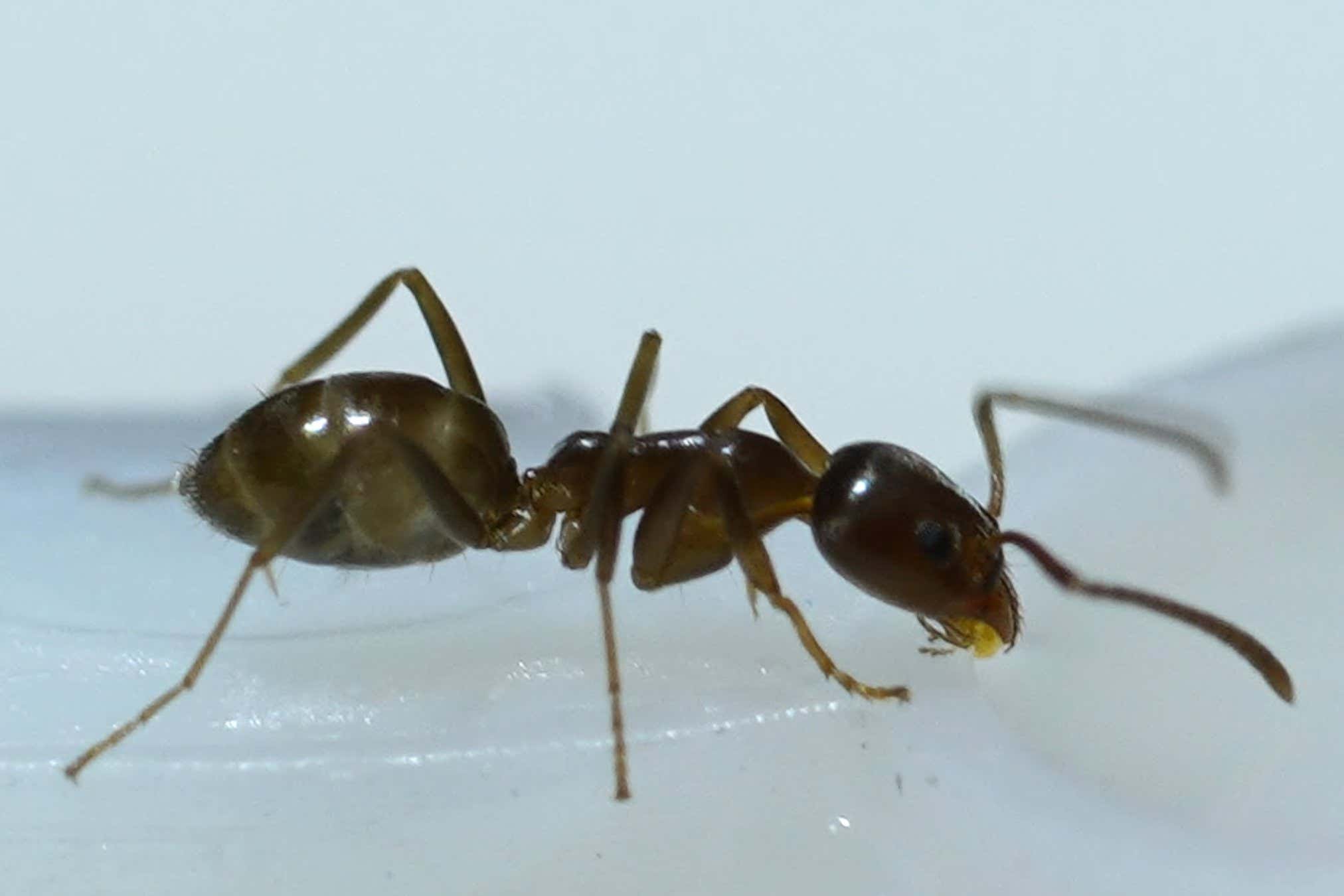Did they learn faster or just move faster and therefore discover information faster?
Edit: could have answered my own question with a little reading.
The ants who received low or moderate doses of caffeine took a more direct path to the sweet treat with each trial, suggesting they had successfully remembered the location of the reward. Ants without caffeine took more meandering paths that did not improve over time. Galante emphasises that this isn’t about making the ants move faster, but more efficiently: caffeine had no impact on the ants’ pace but did reduce the twists and turns they took to get there.<
So I guess learning is just a fundamental concept here but my question is if the more direct paths are due to anything other than addiction. Feed the ants caffeine in their nest and see if the paths to non-caffeinated sugar are as direct as those trying to locate caffeinated sugar sources. Also tests other addictive as well as stimulating substances.
How do I get a job giving drugs to ants?
In neuroscience it’s known that caffeine inhibits Adenylyl cyclase, leading to cAMP buildup, which leads to long term potentiation, also known as learning and memory. This definitely supports that mechanism and the notion that coffee helps you learn.
Do the caffienated ants have shorter lives?
This matches a similar study done with spiders.
Well they are learning quicker cause they getting paid 30 cents more duh. Damn now the ants even got capitalism
deleted by creator



